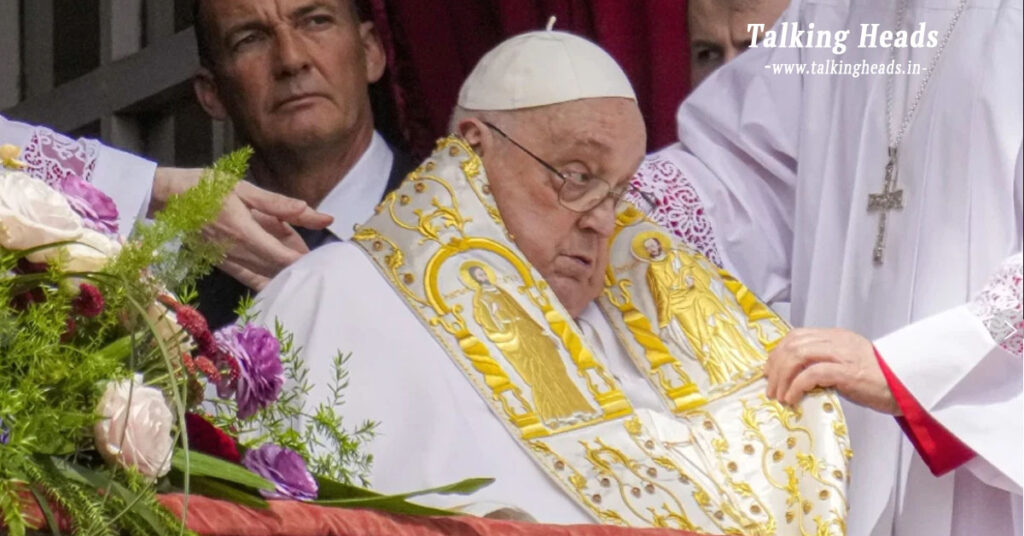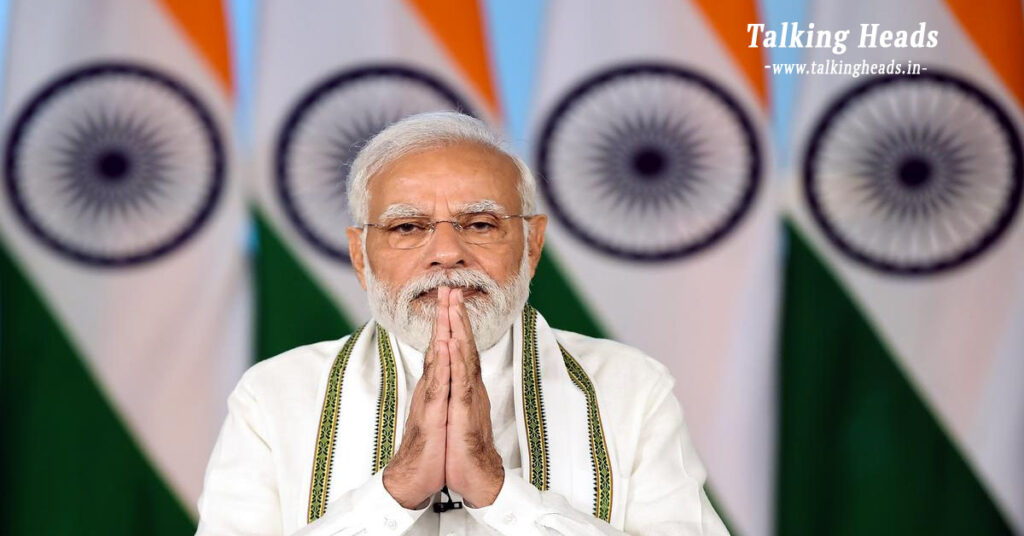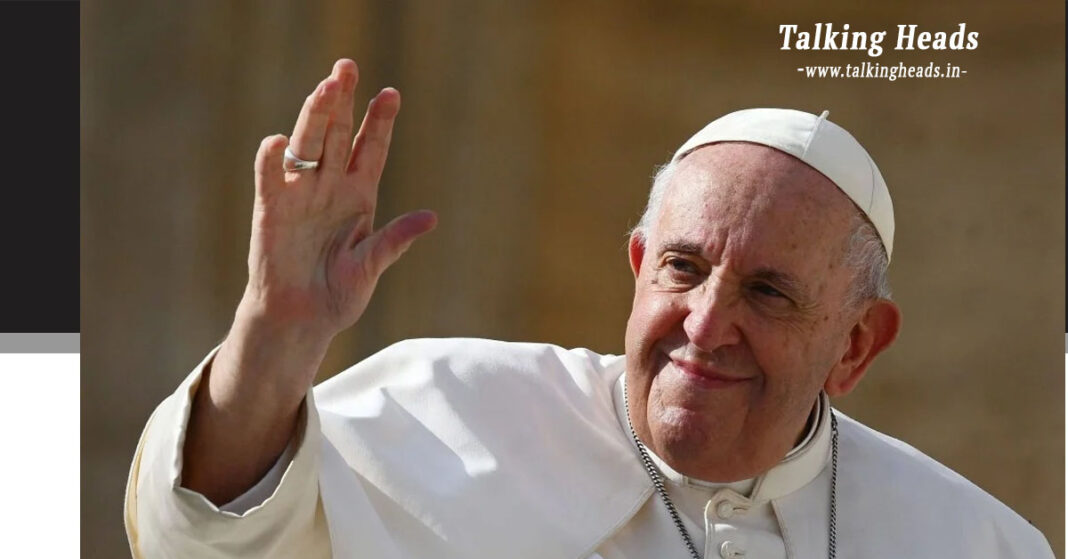Pope Francis Dies at 88 in Vatican City Amid Severe Lung and Kidney Infections
Pope Francis, the spiritual leader of over 1.3 billion Catholics worldwide, has passed away at the age of 88. He died in Vatican City early this morning at 7:35 AM local time, according to an official statement from the Holy See. Known for his compassion, reformist views, and historic role as the first Latin American pope, his death marks the end of a significant chapter in modern Catholic history.
Table of Contents
A Long Battle with Illness Ends in Sadness
The pontiff had been grappling with multiple health complications over the past few months. He was admitted to Rome’s Gemelli Hospital on February 14 for treatment of pneumonia and anemia. During his five-week hospital stay, doctors discovered a severe lung infection, which significantly weakened his already fragile health.

In addition to respiratory issues, recent blood tests indicated signs of kidney failure. Despite these concerns, Pope Francis was discharged on March 14 after showing signs of improvement. Unfortunately, his condition deteriorated again in April, culminating in his passing today.
Prime Minister Narendra Modi expressed deep sorrow
Prime Minister Narendra Modi expressed deep sorrow over the passing of the Pope.

Global leaders, religious figures, and humanitarian organizations have joined in paying tribute, reflecting on his legacy as a spiritual leader who championed humility, inclusivity, and dialogue.
Pope Francis: A Groundbreaking Papacy
He advocated for greater acceptance of LGBTQ+ individuals, supported the blessing of same-sex couples, and approved religious recognition of remarriage after divorce — moves that were both groundbreaking and controversial within traditional Catholic circles.
Public Appearances Despite Failing Health
His final public appearance was just days before his death during Easter celebrations at the Vatican. He was seen in a wheelchair, greeting the faithful and offering his blessings from the balcony of St. Peter’s Basilica.
The Pope also met with U.S. Vice President Kamala Harris during Easter weekend, where he presented her with symbolic gifts. This meeting, though brief, highlighted his ongoing commitment to fostering international relationships and spiritual diplomacy until his last days.
A Voice for the Voiceless: Apologies and Acknowledgements
One of the hallmarks of Pope Francis’s papacy was his open acknowledgment of the Catholic Church’s historical failings. He publicly apologized for the Church’s role in covering up child sexual abuse cases and took steps to enforce stricter guidelines to protect children and hold clergy accountable.
He also promoted interfaith dialogue, addressed economic inequality, and took a firm stance on climate change—calling it a moral responsibility to protect the planet for future generations.
Legacy of a Humble Reformer
His approachability and concern for the marginalized earned him admiration across religious and cultural lines. As the Vatican prepares for the transition to new leadership, questions remain about the direction the Church will take in the wake of Francis’s progressive and reform-driven papacy.
The Vatican has yet to release full details regarding Pope Francis’s funeral arrangements, but preparations are underway for a state funeral expected to draw millions of mourners from across the globe. Cardinals and religious leaders from every continent will soon gather in Rome to pay their final respects and begin the process of selecting a successor.
As the world reflects on the Pope’s contributions, one thing remains clear: Pope Francis reshaped the papacy with a focus on inclusion, humility, and justice. His legacy will endure far beyond the walls of the Vatican.










